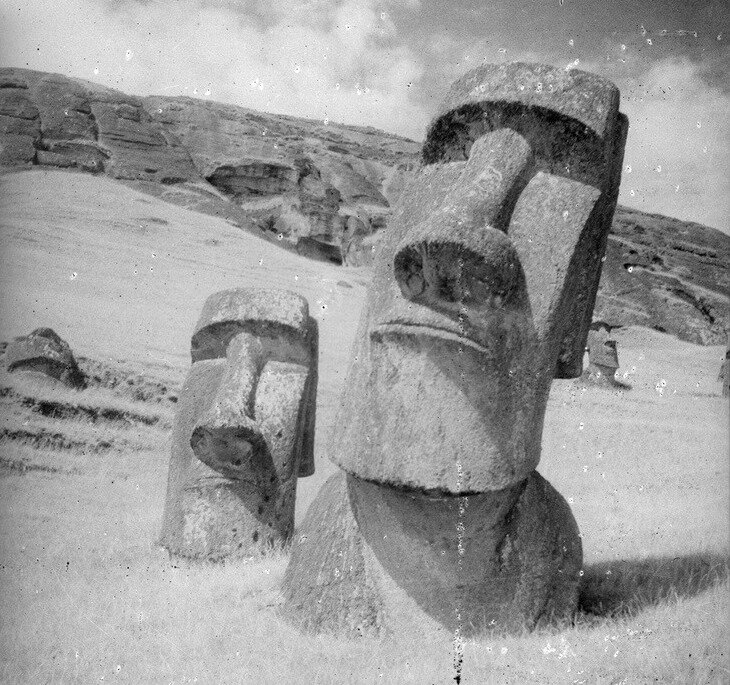Last night, I was in another great Morehead-Cain Zoom session with one of my MC cousins, this time George Hodgin, UNC Class of 09, who began his short chat by describing an experience he once had at 2 AM, 60 miles from the Pakistan border, hearing the crunch of gravel under his boots as he led a group through the dark for his first time as team leader. He was in his twenty-fifth year, a quarter of a century young, and for most of us what happened in the next seconds would have aged us through the rest of that century. His night vision goggles picked up a shape ahead, what turned out quickly to be a human shape that instantly turned and started spraying George and his men with automatic weapon fire. That was the challenging start of a mission of overwhelming success that ended with George getting his entire SEAL team back to base completely uninjured and ready for the next adventure.
After seven years as a SEAL, George decided to go to Stanford Business School. But the change at first was tough. As a SEAL he had experienced a daily sense of fulfillment from a clear purpose and with great camaraderie. That wasn’t all reproduced automatically in a business school setting. At first, he didn’t have a compelling, clear sense of purpose, or great partners in the challenge like the guys who had been on his team. He learned some important advice for anything we do. Last night he put it like this: “Find a partner to pick you up when you fall.” It’s Biblical, and it’s the principle used by Batman when he sheds the loner MO to take on a sidekick known to us as Robin.
"Two are better than one; because they have a good reward for their labor. For if they fall, one will lift up his fellow: but woe to him who is alone when he falls; for he does not have another to help him." (Ecclesiastes 4:9-12)
Speaking of the Dark Knight, in a masterful series on Batman entitled “Hush”, superstar writer Jeph Loeb quotes Aristotle: “Without friends, no one would choose to live, though he had all other goods.” Friends, colleagues, comrades, good partners: This may be the most commonly overlooked secret to success in anything we do. It’s no surprise to me that the oldest western war epic, The Iliad, is really about the power of partnership and what happens when it isn’t properly maintained. The Odyssey is then about the power of purpose and its importance to help us get through the greatest difficulties we face.
George’s favorite professor at Stanford one day wrote this on the board:
"Regret for what you have done can be tempered by time. Regret for what you haven't done is inconsolable."
It lit a fire. George needed a new sense of purpose and new partners, or at least a challenge from a friend. One of his SEAL pals was struggling with injuries and the opioids used to treat his pain. The man wanted to use the known properties of marijuana as a safer alternative, but there wasn’t any medically available. And doctors couldn't even do legal research on what might work. So my MC cousin quickly went on to succeed at Stanford Biz, a daunting task in itself, did a tremendous amount of research on the health relevant properties of marijuana, and has now taken on a new major challenge: to become the first federally approved legal provider of medical marijuana, nationwide. But federal agencies can be tougher than the Taliban. They’re uninterested. They drag their feet. They produce obstacles instead of solutions. But George says, “I have to be an optimist.” It turns out that SEALS don’t quit. No surprise there. And they’re opportunistic, always looking for the hidden doorway, or the covered path forward that others might not see. And I learned a few other things in our session.
There’s a common misconception that Navy SEALS are successful because they’re very good at doing enormously complex things. But George says the truth is rather that they do the basics best. I like the old football analogy. It’s not trick plays. It’s being the best at blocking, tackling, catching, and running. Be better than anyone else at the basics. That's the secret.
And you don’t have to go out on night patrol in Afghanistan to experience fear. There’s plenty of it readily available in our business lives, and in our personal affairs. George says the key is to manage it and your other emotions well. “You are not your emotions.” You are the person who can manage and control your emotions. But fear can be instructive. When you feel it, ask what’s causing it, exactly. It may be able to speak to you on a deep level about something you need to notice or address. Then act on it or move beyond it.
George points out that having pre-established procedures, like a checklist, is immensely helpful. When you’re doing combat scuba and you suddenly hear a boat above you that’s not supposed to be there and there's an instant visceral reaction that could get in your way, you need to fall back on procedures and checklists. Yeah, thanks George, I’ve had exactly the same experience. Just kidding. But we all have our own shocks and reactions of fear from things we didn’t expect. It always goes better if you have something to fall back on, some rehearsed way of responding, at least inwardly.
And even in a business meeting, the 4x4x4 rule can help with anxiety or stress. Breathe in for four seconds. Hold it for four. Breathe out for four. Use your breath to calm your heart and head and center yourself for the challenge.
I love this. George gave us one of his favorite analogies. We’re almost always juggling too many balls in the air. Just don’t drop the glass one.
Don’t drop what’s actually most important, dearest, and perhaps preciously fragile, in your pursuit of any success. Know which balls can be dropped, which will bounce and be fine, and which must be protected most of all. In a great zoom session today with bankers, I mentioned this advice and mused that for most of us, those glass balls may be faith, family, or friends, perhaps proper self care, and likely our basic integrity.
George Hodgin is like Steve Jobs in taking on big challenges, problems that are as big as his heart and head, his spirit, and his talents. And he’s learned the joy of the journey. It’s not the mission accomplished that brings the delight, but the deed well done in the doing.
And I could go on. Lots. But it’s fifteen hundred hours and by the ROE, I’ve got to pull chocks right now and get outa here. The only easy day was yesterday. Hooyah.












































